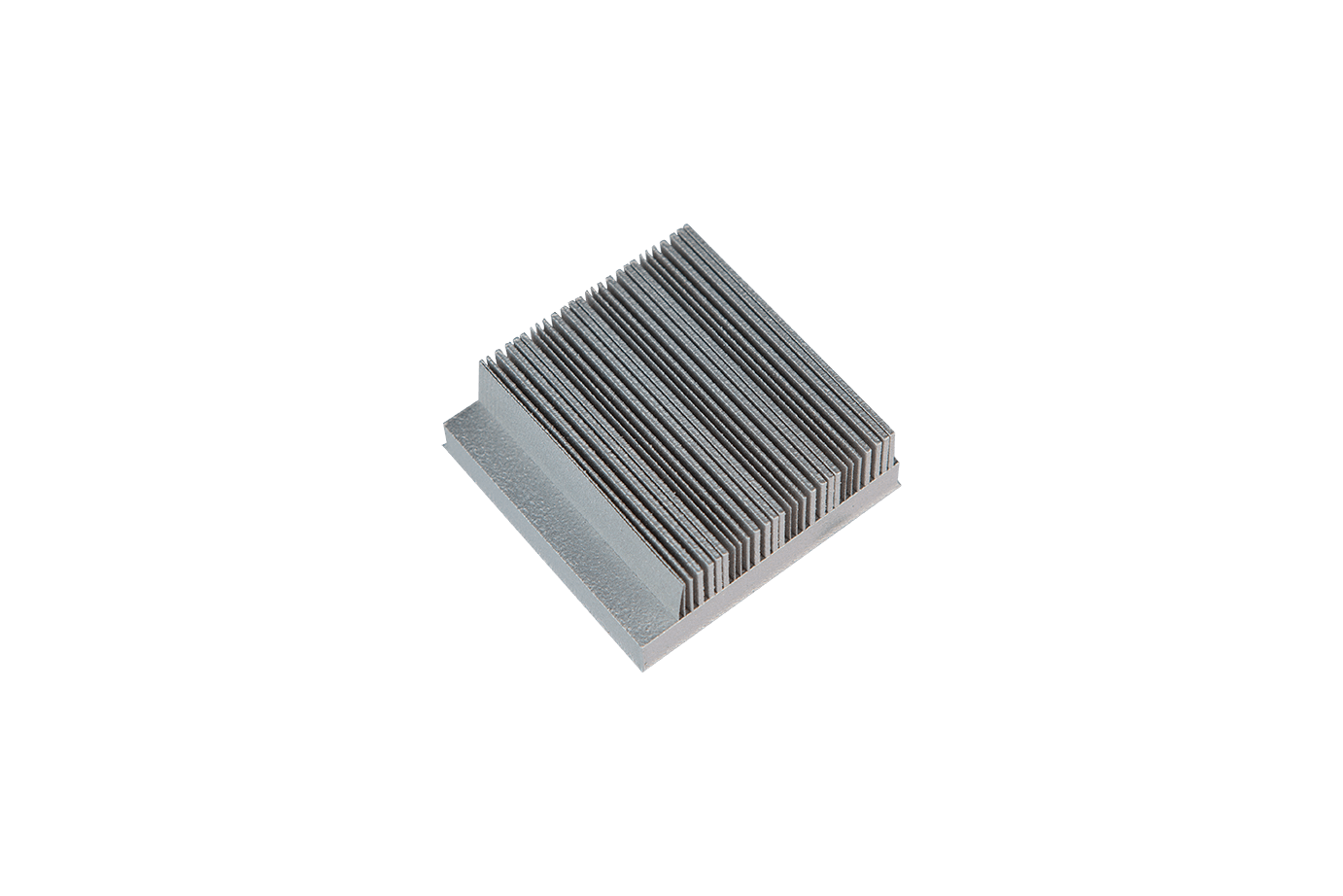- Home
- Metal 3D Printing
- Industrial Application




The aerospace industry was the first to lead the adoption of 3D printing, and the ratio has been increasing year by year. In 2019, Anji Technology also ventured into and obtained AS9100D aerospace quality certification. This innovative technology uses its design freedom to showcase products that meet aerodynamics, maximizing functionality in practical applications and perfectly combining theory and reality. In addition, the lightweight characteristics of 3D printing effectively reduce fuel consumption and greenhouse gas emissions, enhance endurance and explore more possibilities in space, and achieve the goal of earth-friendly while advancing technology.










Compared to traditional subtractive processes, 3D printing significantly improves material utilization and effectively solves the problem of long product development cycles. Rapid prototyping and quick corrections enable molds to be formed quickly, allowing for early entry into mass production. In addition, 3D printing optimizes the difficult problem of uneven heat dissipation in non-standard waterways, making it more in line with the product profile, providing good heat dissipation efficiency, and effectively extending product life.








In recent years, the transportation industry has been committed to pursuing lightweighting to achieve the vision of reducing carbon dioxide emissions. Through 3D printing topology optimization, structural weight reduction is achieved at the design stage, reducing weight by about 40% without compromising strength. With the increasing demand for special parts and customized components, the design and manufacturing flexibility of 3D printing is superior to traditional processes, making it more in line with emerging market trends and gradually becoming mainstream.


The unique manufacturing method of 3D printing breaks through inherent design limitations and develops sports equipment that combines aesthetics and practicality, creating products that are tailored to each customer's unique characteristics. Not only does this significantly shorten the product development cycle, but it also helps to develop designs that align with market trends.